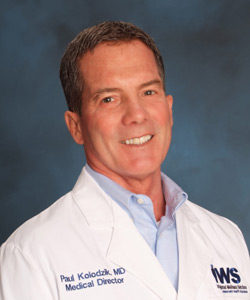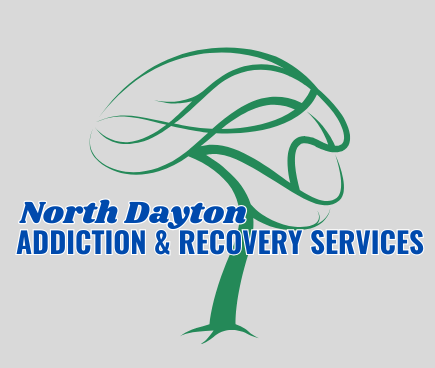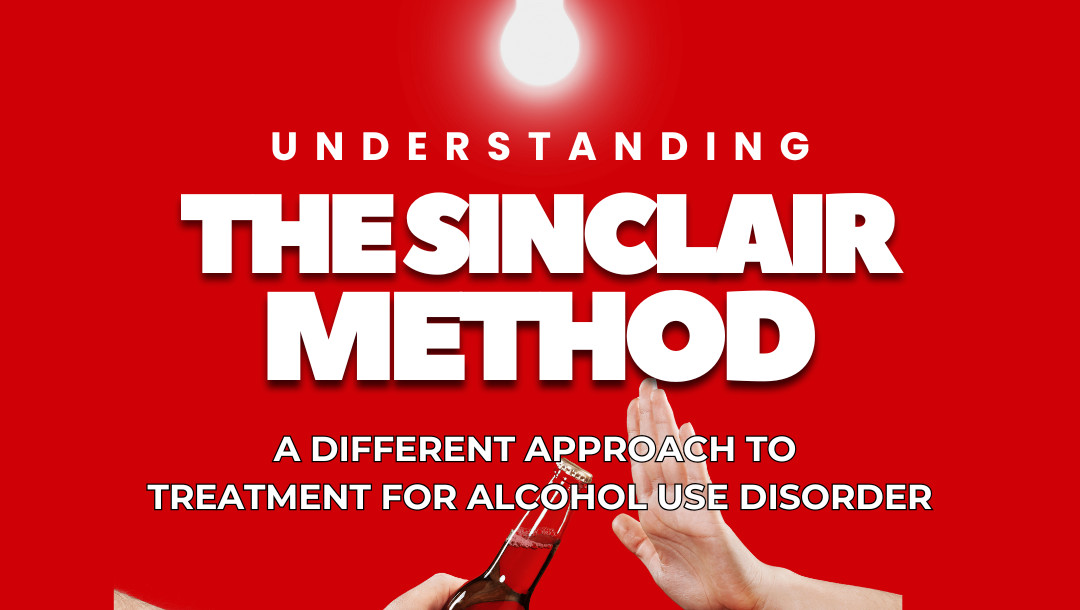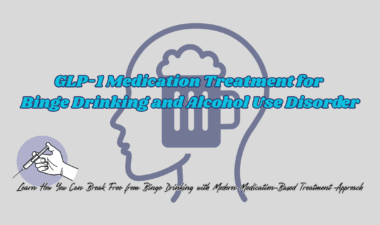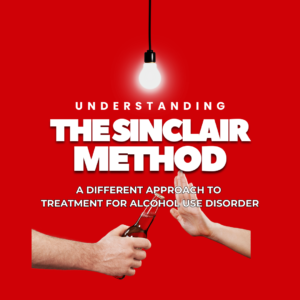
When it comes to your treatment options for alcohol use disorder (AUD), many people think of inpatient rehab, abstinence and 12-step programs. But there are other options when trying to regain control of problematic drinking, and ones which are based on science, clinically studied and proven effective —such as The Sinclair Method (TSM).
From 2017 to 2022, I worked alongside an addiction medicine specialist in an outpatient setting, providing treatment for individuals struggling with alcohol use disorder (AUD). During that time, The Sinclair Method (TSM) was a cornerstone of our approach and commonly recommended for patients seeking help with alcohol dependence. At a time when TSM was still relatively unknown, our practice was among the first—and one of the few—private clinics to offer it as a standard treatment option. We witnessed firsthand how this method could empower individuals to regain control of their drinking and transform their relationship with alcohol.
What Is The Sinclair Method?
The Sinclair Method is a treatment option that uses a non-addictive FDA approved medication to reduce cravings for alcohol over time—without requiring immediate abstinence. It works by “retraining” the brain’s reward system, making alcohol gradually less desirable over a period of time without the need for detox and white knuckling through abstinence.
TSM centers around a medication called naltrexone, an opiate-blocking (antagonist) drug. Naltrexone is not addictive and doesn’t create any physical dependency. Instead, it works by blocking the brain’s endorphin receptors—the same receptors that alcohol stimulates to produce that familiar euphoric “buzz.”
How It Works
With TSM: you take the medication one hour before drinking—every time you drink. By doing so, naltrexone prevents alcohol from triggering the pleasurable brain response that reinforces drinking behavior. Over time, this process—known as pharmacological extinction—leads to a natural decline in cravings and drinking habits.
Instead of associating alcohol with pleasure, your brain begins to see it as neutral or even undesirable. Eventually, many people find that they either drink significantly less or stop drinking altogether—and often without the constant internal struggle associated with traditional willpower-based approaches.
Why People Choose TSM
- Outpatient-Friendly: No need to be a resident in a rehab facility —TSM can be done privately and flexibly.
- No Harsh Side Effects: Unlike medications like disulfiram (Antabuse), naltrexone doesn’t make you sick if you drink.
- Supports Long-Term Change: TSM helps rewire the brain’s learned behaviors around alcohol, offering a sustainable solution for many.
- Personalized Goals: Whether your goal is moderation or abstinence, TSM supports both outcomes.
What the Research Says
When followed with 100% compliance—meaning taking the medication at least one hour before every single drink, every single time—studies show that about 78% of people using TSM reach the point of “extinction” (losing the addictive impulse to drink, associated with significantly reduced drinking or abstiannce) within 3 to 4 months.
Compliance is key: the medication must be taken every time you drink, for as long as you choose to continue drinking. If you don’t drink, you don’t take the medication.
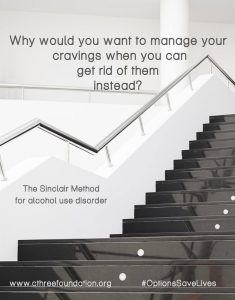
More Than Just Medication
As with any treatment for addiction, behavioral support is strongly recommended. Counseling, coaching, support groups, and therapies aimed at addressing the root causes of addiction can greatly enhance outcomes and help sustain long-term success.
Is TSM Right for You?
The Sinclair Method isn’t for everyone, but it offers a compelling alternative to traditional alcohol treatment—especially for those who haven’t found success with abstinence-based approaches and don’t require an immediate need to stop drinking or risk further complications. If you’re curious about alternative options such as TSM, it’s worth exploring with a qualified provider who understands addiction and medication-assisted treatment.
Dr. Paul Kolodzik – licensed in OH IN FL AZ is an experienced physician offering TSM and addiction treatment services 937-365-HELP
